A prominent politician or army general in Uganda is more likely to die of a blood clot than say an accident, our informal research shows.
And the latest individual to join the club of those who have succumbed to the notorious blood clots is deputy inspector general of police, Maj Gen Paul Lokech.
Lokech, according to official police statement died as a result of a clot which resulted from an injury he sustained from his bathroom.
But what are blood clots and why are they so lethal?
According to various medical sources, blood clots are differently sized clumps of blood that form inside our bodies.
Scientists say clotting is important to prevent excessive bleeding if you are injured or cut.
However, when a blood clot blocks blood flow to important areas of your body, it can be harmful, even deadly.
According to medical sources, there are two different types of blood clots.
These include clots that stay in place and don’t move (thrombosis) and those that break away from the spot where they developed and move to different areas inside your body (embolism).
Depending on what the clot blocks or where it moves, a blood clot can be deadly.
Symptoms are different depending on where the blood clot is located. If the clot is in your arms or legs, you may experience pain (that feels like an intense cramp), swelling, and tenderness. Your skin may be red and warm to the touch where the clot is located.
If the blood clot is in your abdomen, you may experience severe stomach pain, vomiting, and diarrhoea.
Blood clots that travel to your heart cause a heavy feeling or pain in your chest, pain in your upper body, shortness of breath, sweating, nausea, and light-headedness.
A blood clot in the brain may cause weakness in your face, arms, or legs, speech and vision difficulties, headache, and dizziness.
Causes of blood clots
According to medical sources the causes of blood clots are several and varied. But risk factors are: Prolonged sitting (often the case with travel when you are forced to sit for long periods in an airplane, a train, or a car);
Prolonged bed rest (often the case with surgery or illness); Pregnancy; Smoking; Obesity; Birth control pills/hormone replacement therapy/breast cancer medicines; Certain cancer types (pancreatic, lung, multiple myeloma, or blood-related cancers); Trauma (serious injury); Some types of major surgery; Age (especially over the age of 60) and family history of blood clots among others.
Nile Post looks at the prominent Ugandans who have succumbed to blood clots in the recent past.
*************************************************************************************
Cyprian Lwanga (April 2021)
Archbishop Cyprian Lwanga passed away in April 2021 while in his sleep. Like Lokech’s death, Lwanga’s sent shock waves because a day before, he had been seen in public.
A post-mortem report carried out by Mulago national referral hospital indicated that Lwanga died of a heart attack caused by a blood clot.
Lwanga died of Ischemic heart disease after a coronary heart thrombosis.
“This means a heart attack that is due to a blood clot that was found inside the artery that supplies blood to the heart,” said Dr. Andrew Ssekitooleko, the Diocesan Health Coordinator for Kampala Diocese.
Eriya Kategaya
First Deputy Prime Minister and Minister of East African Community Affairs, Eriya Kategaya, died in March 2013 from a hospital in Nairobi.
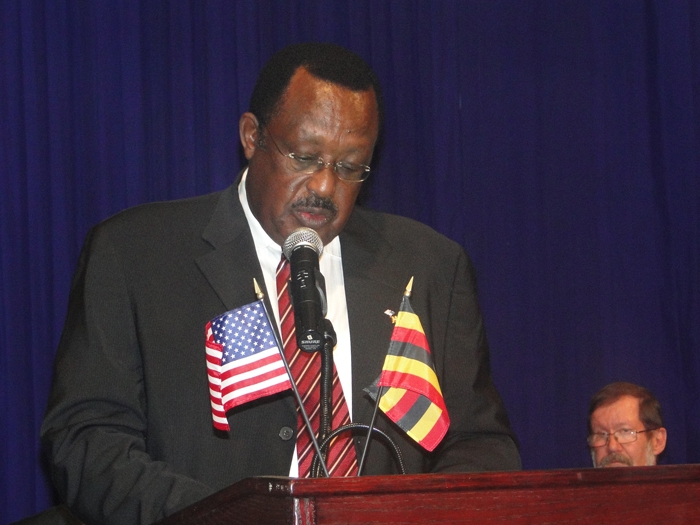
According to media reports, Kategaya was said to be suffering from a condition known as Thrombosis (a blockage preventing the flow of blood in the body caused by a clot or a lump of blood.
The clot is said to have been in the leg and medical experts had apparently stopped him from much activity, saying it could move upwards.
Apolo Nsibambi
Nsibambi was prime minister of Uganda from 1999 to 2011. He died in May 2019. Officially Nsibambi was battling cancer but during a special sitting of Parliament in which MPs paid tribute to him, Prime Minister Dr Ruhakana Rugunda said that Prof Nsibambi succumbed to pulmonary embolism.
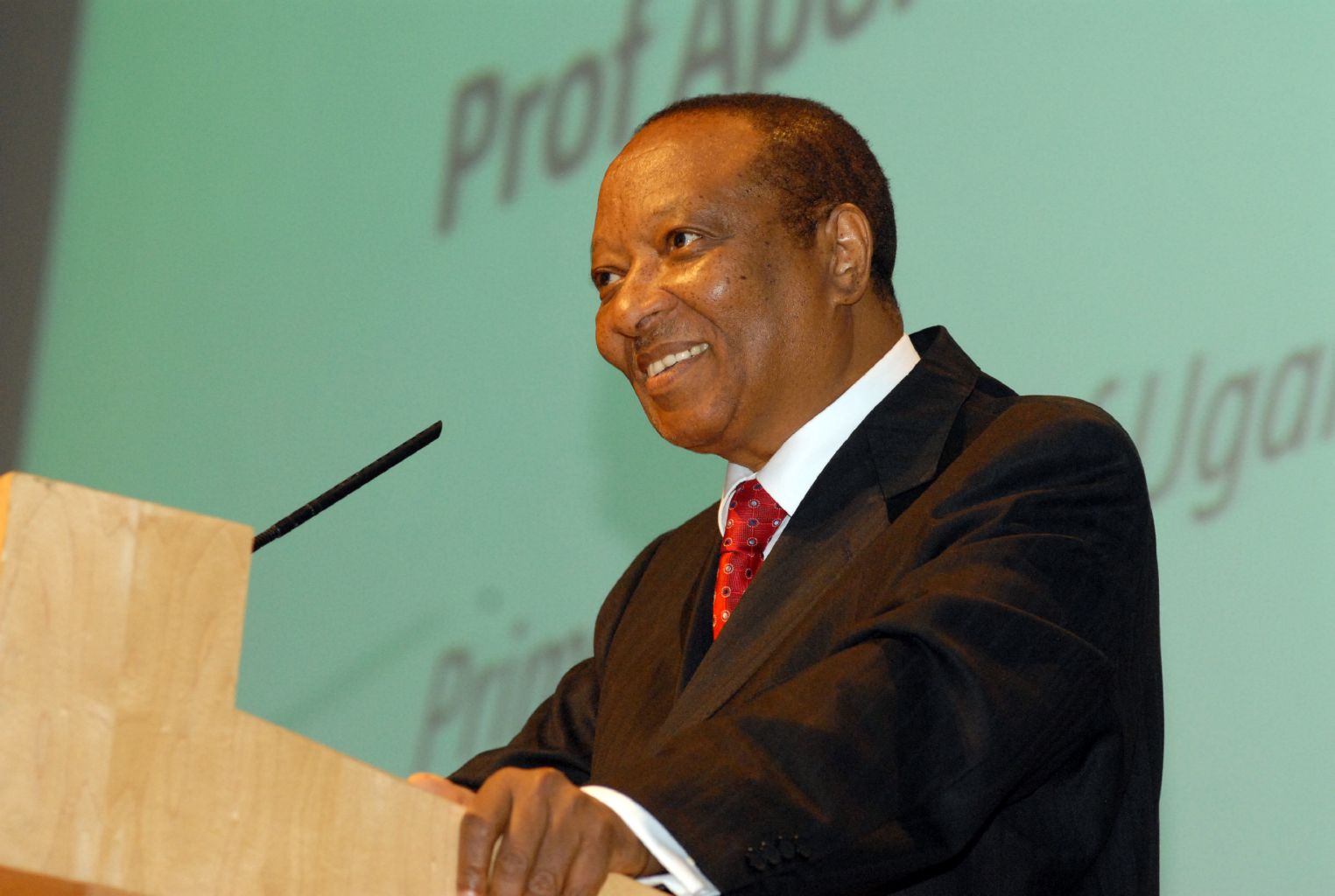
“The cause of death according to the post-mortem report by doctors is pulmonary embolism which is a clot in the lungs,” Dr Rugunda said.
Maj Gen Kasirye Gwanga
The controversial soldier died in May 2020 from Nakasero hospital where he had been hospitalised for weeks.
His death, according to media reports, was attributed to effects of an operation to remove a blood clot in one of the vessels in his head.
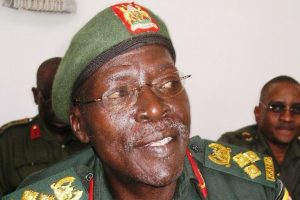
Gwanga had also suffered from lung-related complications for years.
Maj Gen Julius Oketta
Major General Julius Oketta was deputy coordinator of Operation Wealth Creation.
He died in November 2016 after he suffered a blockage in a blood vessel in the lungs, according to a postmortem report.
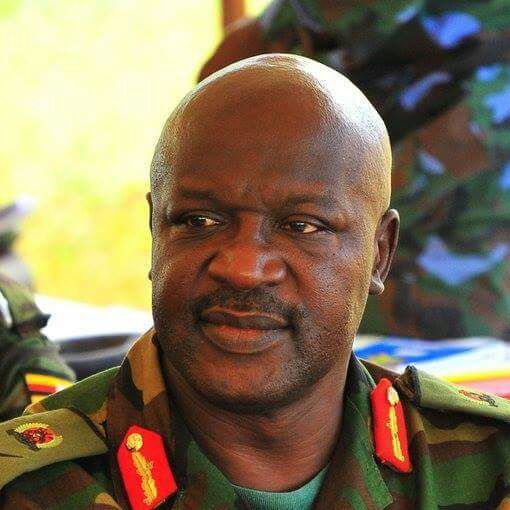
Oketta died from Kadic Hospital, Bukoto moments after he complained of severe chest pain. Initial reports indicated that he suffered a heart attack.
However, the postmortem report indicates that he died of Massive Pulmonary Embolism; a condition that usually results from a blood clot.

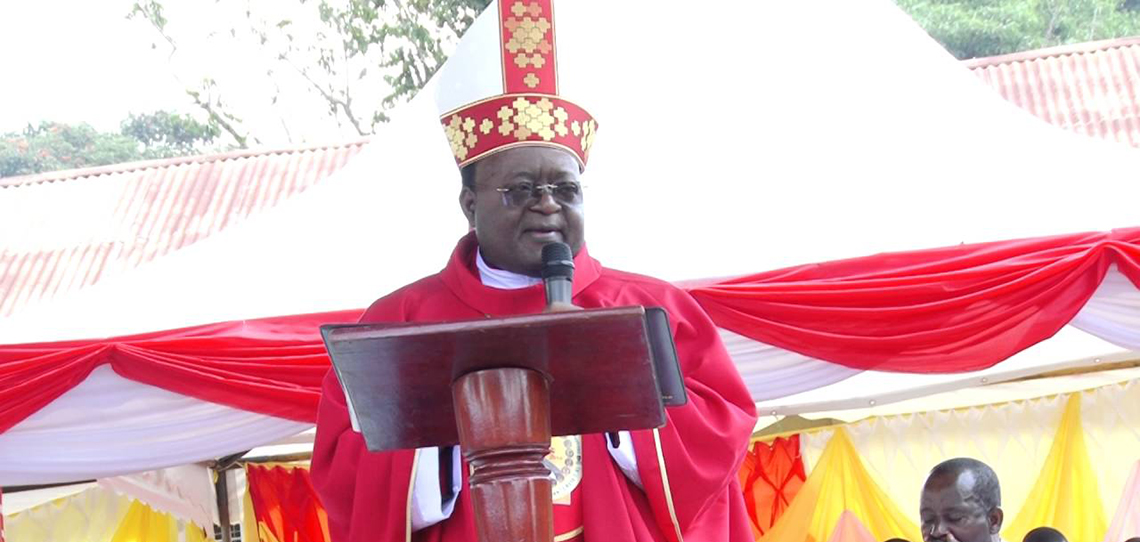
Comments
Post a Comment